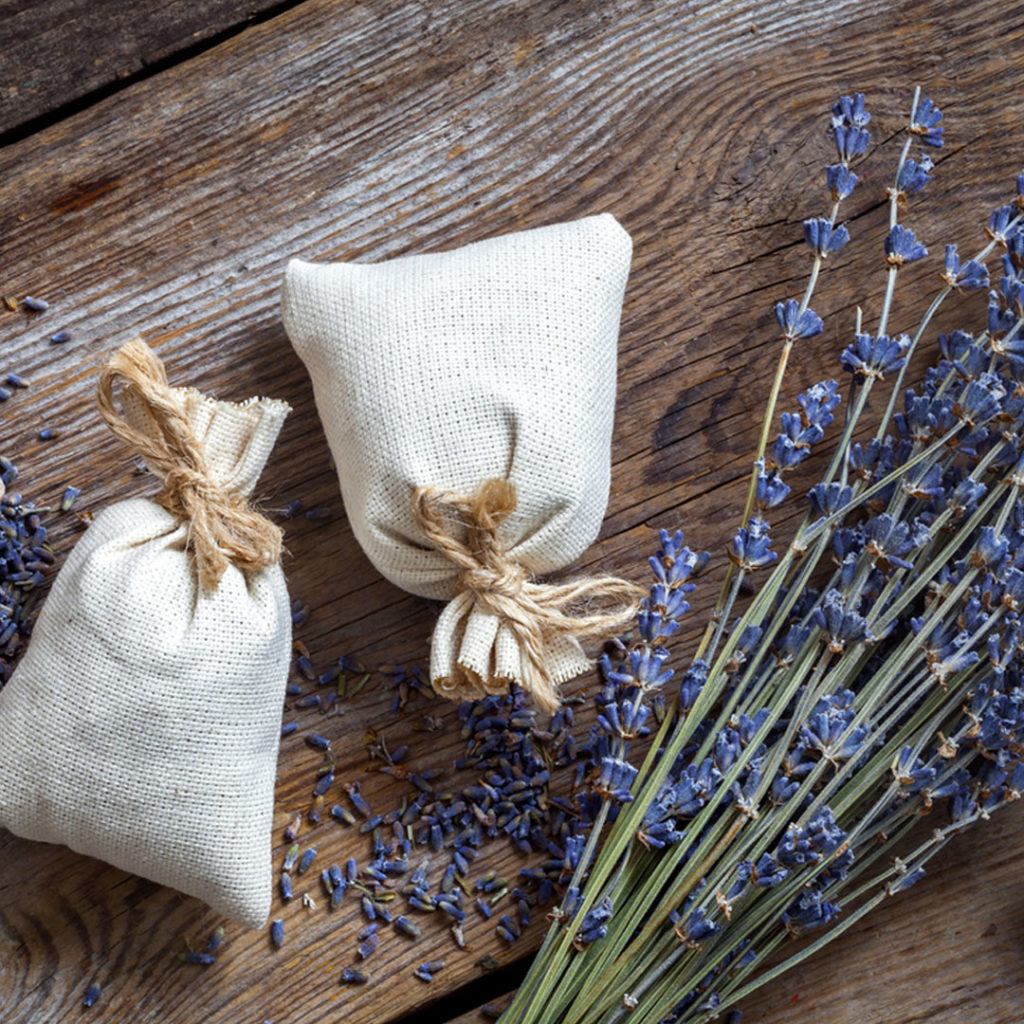Most of us lead busy, demanding lives with stressful, jam-packed days. As we try to fit everything that needs to be done into our schedules, we’re often left with too few hours for sleep – and even then – the quality of our sleep is compromised by worry, restlessness or a poor sleep environment. If you’re getting fewer than 7 hours of sleep a night, it’s time to make some changes to your sleep habits – it’s critical to your physical, mental and emotional health! Below are expert suggestions that are proven to help you get your zzzs!
Choose the right mattress. Do your research before you head out mattress shopping. Bring your partner with you. Take all the time it requires to find the ideal mattress to ensure you get quality sleep each night.
Unwind before bed. Yoga, reading or listening to quiet music are excellent ways to relax – whatever you find soothing.
Be sure your bedroom is cool, dark and restful. Your bedroom should be an oasis of comfort; an escape from everyday stress. Keep electronics out of your bedroom if possible – or at least turned off at night. Those little red lights on equipment are small, but they can be disruptive. Turn off your cell phone.
Develop a pre-sleep routine. Find an evening bedtime routine that works for you and stick with it. Do the same thing every night: 15 minutes of reading, a warm bath, enjoying a hobby like painting, etc. Your body will come to associate the activity as a wind down to sleep.
Stick to a sleep schedule. Your body clock loves going to bed and waking up at the same time each day. ‘Assign’ yourself 7-9 hours (some people need a little less or more) of undisturbed rest each night.
Prep your body. This progressive relaxation technique comes from the Institute of Naturopathic Sleep Medicine in Seattle, Washington. Curl your toes tightly for a count of seven, and then relax. Repeat through each muscle group, working up from your toes to your neck. By the time you’re done, you should be thoroughly relaxed.
Write down your stresses. A couple of hours before bedtime, unburden yourself of things on your mind by writing them down. It really helps to let the worries go and encourages restfulness.

Lavender is the most popular herb suggested for sleep!
Try lavender. Of all the herbs suggested for sleep, lavender is the most popular. Keep a sachet under your pillow or on your nightstand; or take a lavender-infused bath at bedtime.
Don’t stay in bed if you can’t sleep. Some of us roll around for hours, but the truth is, the longer you do that, the more your bed becomes a barrier to sleep. Leave the bedroom. Go someplace quiet to read or meditate for a short time. Don’t start working or doing any ‘productive’ – your goal is to wind down and return to bed when you feel sleepy. Read more about this and other sleep habits.
Exercise! Don’t exercise 2-3 hours before bed, but do exercise during the day! Exercise helps us fall asleep faster and sleep deeper. It’s also a great way to channel stress, again leading to better quality sleep.
Get light at the right time. When you wake up, open the drapes or blinds right away. Get out and into the sunshine as soon as you can. Not only is the vitamin D good for you, but bright light sets your body clock to seek sleep about 15 hours later. At the same time, enjoy low lighting in the evening for a few hours prior to sleep.
Don’t nap too much. There’s nothing wrong with a nap if you’re really tired – but keep it to 20 minutes maximum and always earlier in the day. Evening naps disrupt sleep cycles.
Monitor food and drink choices. Alcohol can disturb your sleep cycles; avoid it later in the evening. Other culprits include caffeine (check for hidden caffeine in food), spicy foods and high fat foods. A small snack near bedtime is a good idea though – foods high in tryptophan encourage sleep. Try dairy, nuts, bananas, honey or eggs. Carbohydrates complement these foods, enhancing the sleep effect. A slice of bread, cereal or crackers served with any of these foods is a perfect combination.
The Better Sleep Council Canada and the Better Sleep Council offer further insights and suggestions for sound and restful sleep.


Leave a Reply